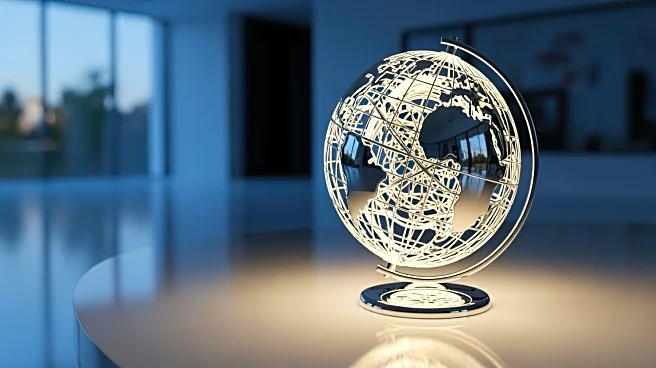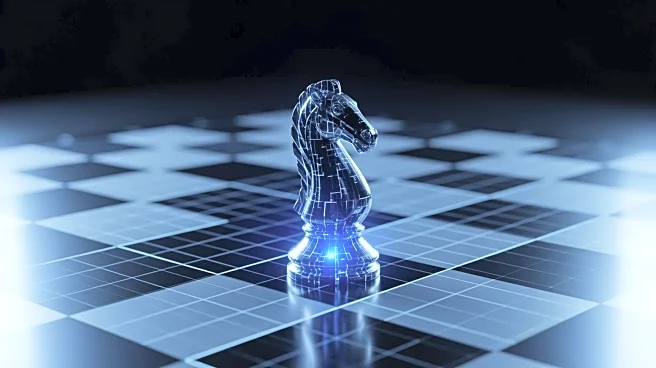What's Happening?
The PolSci Institute article delves into the concept of world order, describing it as the structured arrangement of international relations and power distribution among nations. It outlines various models,
including egalitarian, hegemonic, and oligopolistic world orders, and discusses historical perspectives such as Kautilya's Mandala theory and Kaplan's models of international systems. The article highlights shifts in global power dynamics driven by economic growth, technological advancements, military capabilities, and diplomatic strategies. It emphasizes the role of emerging powers like India in shaping the future of international relations.
Why It's Important?
The exploration of world order concepts is vital for understanding the complexities of international relations. The article's analysis of different models and historical perspectives provides a framework for assessing current global dynamics and predicting future shifts. The rise of regional powers and the emphasis on cooperation among nations reflect a move towards a more balanced and inclusive global community. Understanding these trends is crucial for policymakers and stakeholders in navigating the evolving landscape of international relations and addressing global challenges such as economic inequality, technological competition, and geopolitical tensions.











